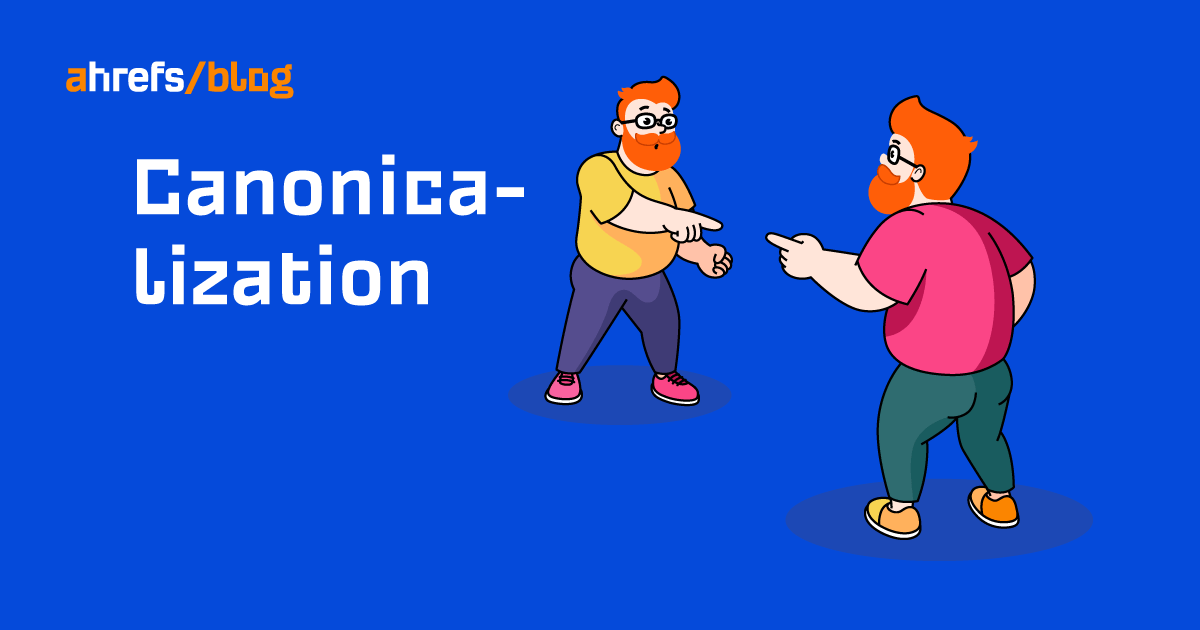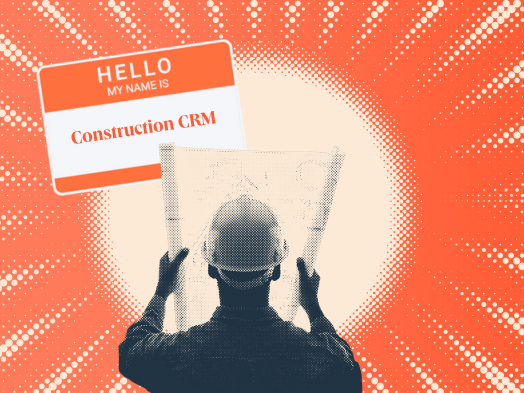Is IP Address A Google Ranking Factor? via @sejournal, @kristileilani
Does your IP address help or harm your rankings in search? Continue reading to learn whether IP addresses are a Google ranking factor. The post Is IP Address A Google Ranking Factor? appeared first on Search Engine Journal.
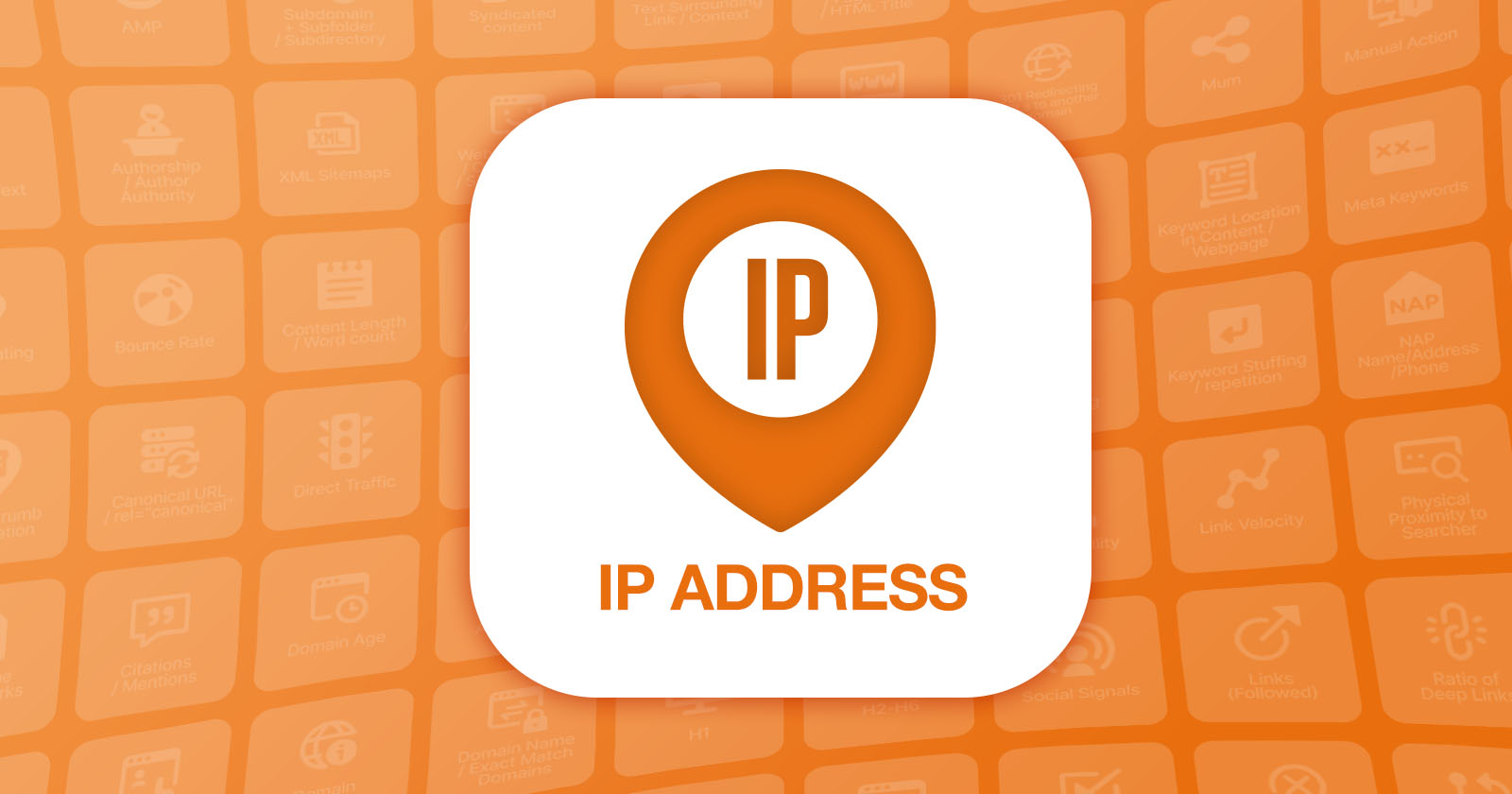
Does the IP address of your website’s server affect your rankings in search results? According to some sources around the internet, your IP address is a ranking signal used by Google.
But does your IP address have the potential to help or harm your rankings in search? Continue reading to learn whether IP addresses are a Google ranking factor.
The Claim: IP Address As A Ranking Factor
Articles on the internet from reputable marketing sites claim that Google has over 200 “known” ranking factors.
These lists often include statements about flagged IP addresses affecting rankings or higher-value links because they are from separate C-class IP addresses.
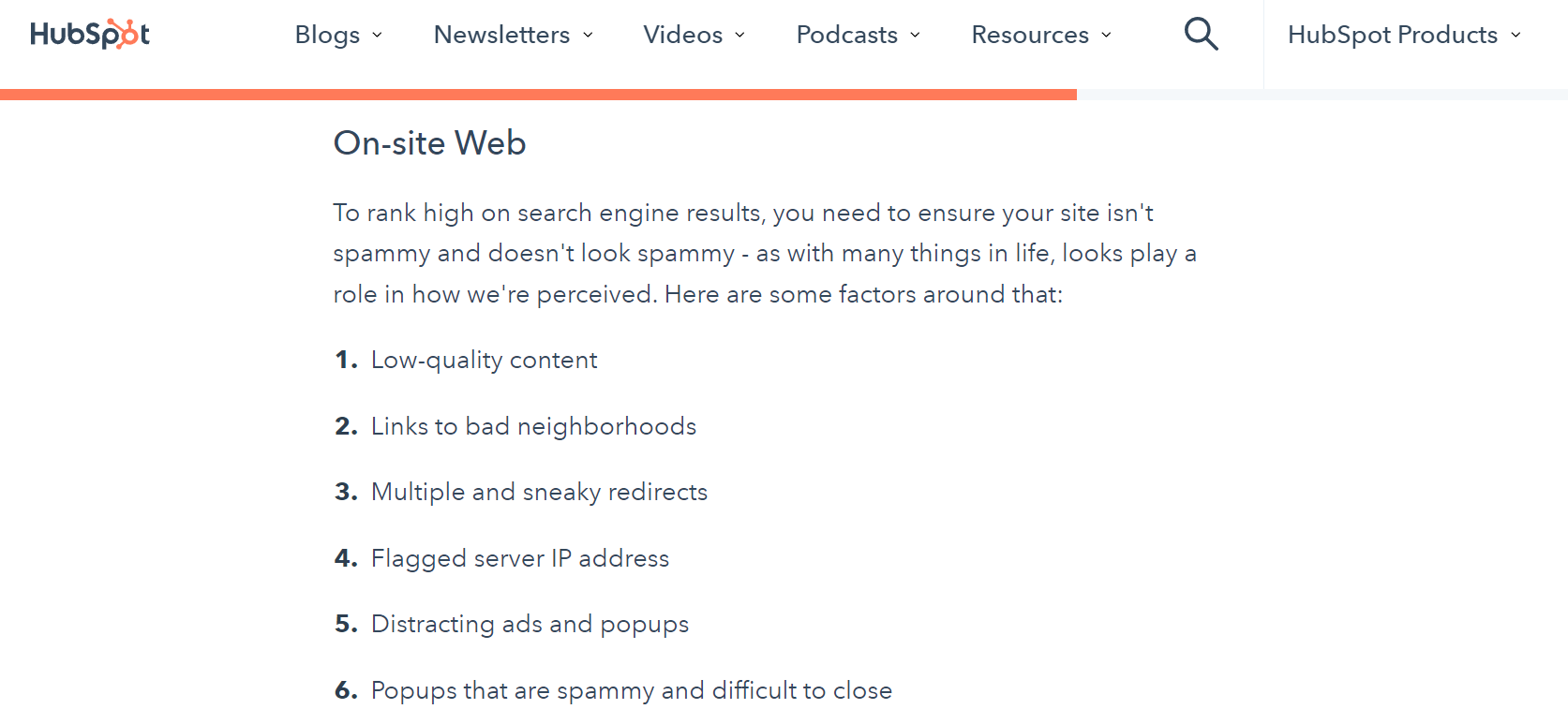 Screenshot from HubSpot.com, June 2022
Screenshot from HubSpot.com, June 2022
Fortunately, these lists sparked numerous conversations with Google employees about the validity of IP addresses as ranking factors in Google’s algorithm.
[Ebook:] The Complete Guide To Google Ranking Factors
The Evidence Against IP Address As A Ranking Factor
In 2010, Matt Cutts, former head of Google’s webspam team, was asked if the ranking of a client’s website would be affected by spammy websites on the same server.
His response:
“On the list of things that I worry about, that would not be near the top. So I understand, and Google understands that shared web hosting happens. You can’t really control who else is on that IP address or class c subnet.”
Ultimately, Google decided if they took action on an IP address or Class C subnet, the spammers would just move to another IP address. Therefore, it wouldn’t be the most efficient way to tackle the issue.
Cutts did note a specific exception, where an IP address had 26,000 spam sites and one non-spammy site that invited more scrutiny but reiterated that this was an exceptional outlier.
In 2011, a tweet from Kaspar Szymanski, another former member of Google’s webspam team, noted that Google has the right to take action when free hosts have been massively spammed.
In 2016, during a Google Webmaster Central Office Hours, John Mueller, Search Advocate at Google, was asked if having all of a group’s websites on the same c block of IP addresses was a problem.
He answered:
“No, that’s perfectly fine. So that’s not something where you artificially need to buy IP address blocks to just shuffle things around.
And especially if you are on a CDN, then maybe you’ll end up on an IP address block that’s used by other companies. Or if you’re on shared hosting, then these things happen. That’s not something you need to artificially move around.”
In March 2018, Mueller was asked if an IP change with a different geo-location would affect SEO. He responded:
“If you move to a server in a different location? Usually not. We get enough geotargeting information otherwise, e.g., from the TLD & geotargeting settings in Search Console.”
A few months later, Mueller replied to a tweet asking if Google still counted bad neighborhoods as a ranking signal and if a dedicated IP was necessary.
“Shared IP addresses are fine for search! Lots of hosting / CDN environments use them.”
In October 2018, Mueller was asked if the IP address location mattered for a site’s rankings. His response was simply, “Nope.”
A few tweets later, within the same Twitter thread, another user commented that IP addresses mattered regarding backlinks. Mueller again responded with a simple “Nope.”
In June 2019, Mueller received a question about Google Search Console showing a website’s IP address instead of a domain name. His answer:
“Usually, getting your IP addresses indexed is a bad idea. IP addresses are often temporary.”
He suggested that the user ensure the IP address redirects to their domain.
A few months later, when asked if links from IP addresses were bad, Mueller tweeted:
“Links from IP addresses are absolutely fine. Most of the time, it means the server wasn’t set up well (we canonicalized to the IP address rather than the hostname, easy to fix with redirects & rel=canonical), but that’s just a technical detail. It doesn’t mean they’re bad.”
In early 2020, when asked about getting links from different IP addresses, Mueller said that the bad part was the user was making the backlinks themselves – not the IP addresses.
Then, in June, Mueller was asked what happens if a website on an IP address bought links. Would there be an IP-level action taken?
“Shared hosting & CDNs on a single IP is really common. Having some bad sites on an IP doesn’t make everything on that IP bad.”
In September, during a discussion about bad neighborhoods affecting search rankings, Mueller stated:
“I’m not aware of any ranking algorithm that would take IPs like that into account. Look at Blogger. There are great sites that do well (ignoring on-page limitations, etc.), and there are terrible sites hosted there. It’s all the same infrastructure, the same IP addresses.”
In November, Gary Illyes, Chief of Sunshine and Happiness at Google, shared a fun fact.
“Fun fact: changing a site’s underlaying infrastructure like servers, IPs, you name it, can change how fast and often Googlebot crawls from said site. That’s because it actually detects that something changed, which prompts it to relearn how fast and often it can crawl.”
While it’s interesting information, it seems to impact crawling and not ranking. Crawling is, of course, required to rank, but crawling is not a ranking factor.
In 2021, a Twitter user asked if IP canonicalization could positively affect SEO. Meuller replied:
“Unless folks are linking to your site’s IP address (which would be unexpected), this wouldn’t have any effect on SEO.”
Later in December, when asked if an IP address instead of a hostname looks unusual when Google evaluates a link’s quality, Meuller stated, “Ip addresses are fine. The internet has tons of them.”
If you’re worried about your IP address or hosting company, the consensus seems to be: Don’t worry.
Get More Google Ranking Factor Insights.
Our Verdict: IP Address Is Not A Ranking Factor Anymore
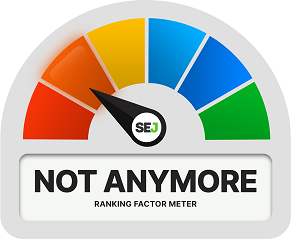
Maybe in the past, Google experimented with IP-level actions against spammy websites.
But it must have found this ineffective because we are not seeing any confirmation from Google representatives that IP addresses, shared hosting, and bad neighborhoods are a part of the algorithm.
Therefore, we can conclude for now that IP addresses are not a ranking factor.
Featured Image: Paulo Bobita/Search Engine Journal

 ValVades
ValVades ![Fact Or Fiction? Let’s Bust Some Myths! [Ebook]](https://cdn.searchenginejournal.com/wp-content/uploads/2022/08/rf-ebook-download-banner-62e8c6126ffe8-sej.jpg)












